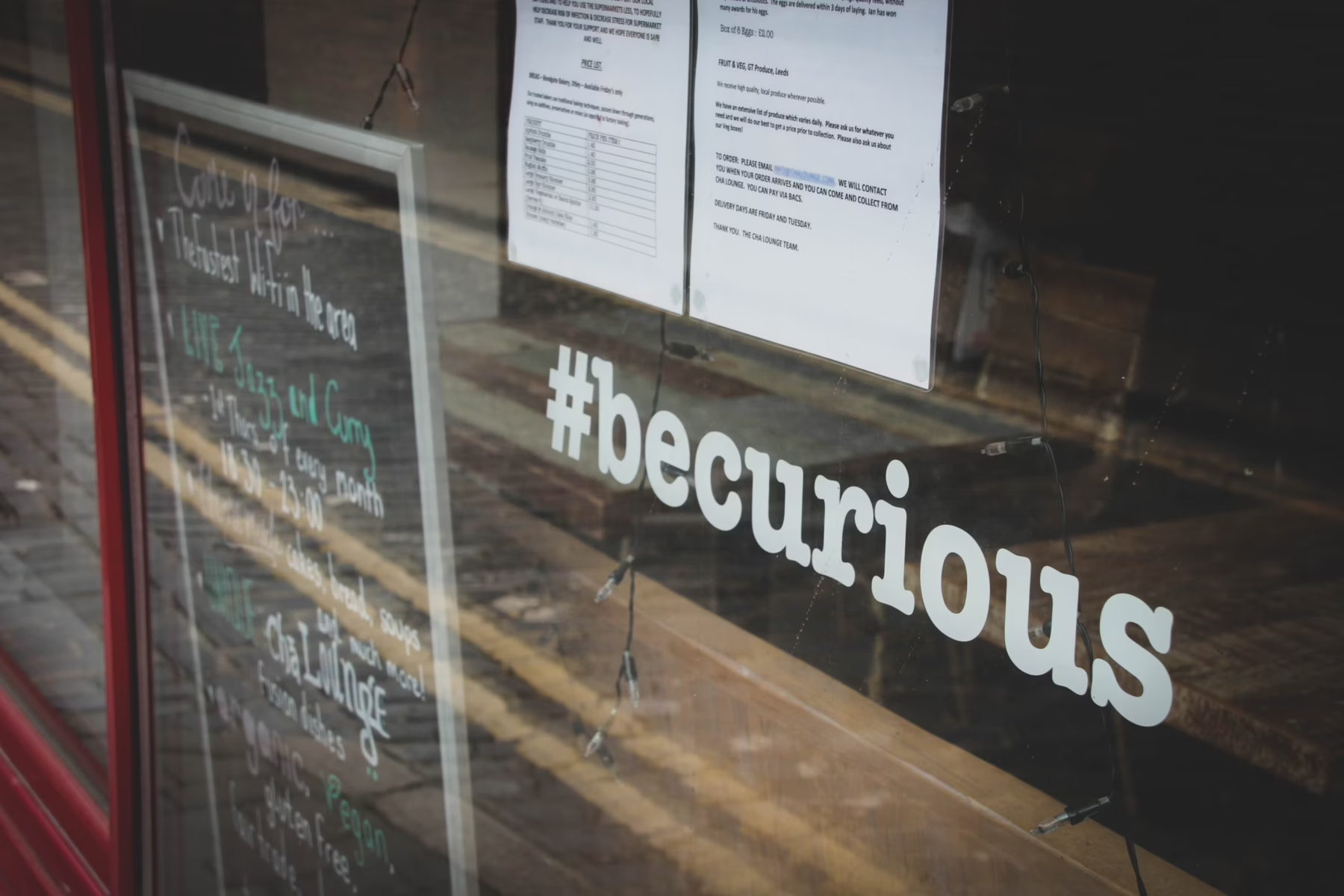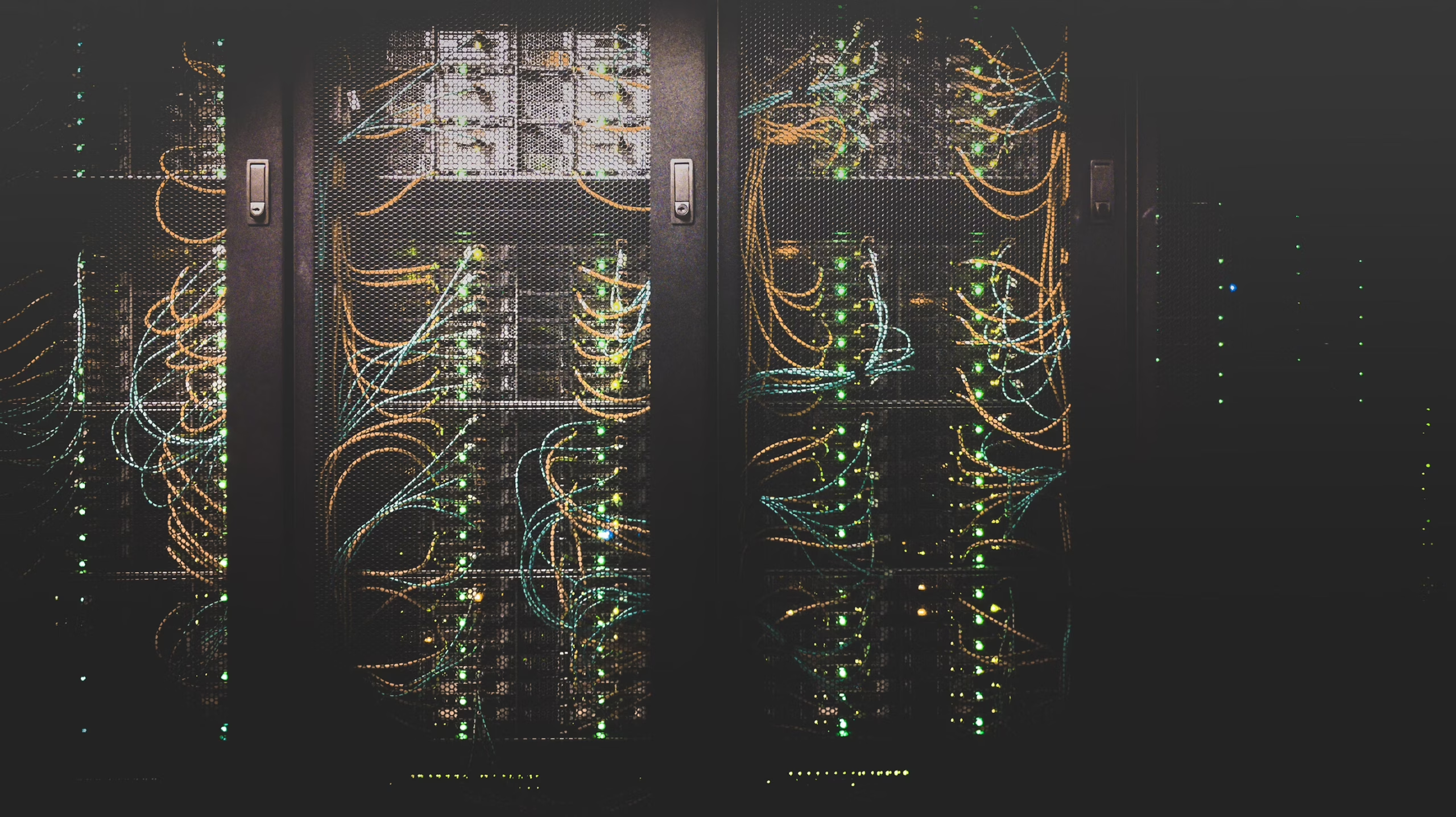In a world where convenience is king, we’ve unknowingly traded control of our digital lives for the lure of the latest tech trends. Have you ever wondered who’s really benefiting from our endless consumption of gadgets and services? It is an ecosystem made up of Big Tech as well as Small Tech to build fancier gadgets that consume fancier services, each feeding and fuelling the growth of the other. This ecosystem, powered by both Big Tech and emerging players, thrives on a cycle of dependency: companies create cutting-edge gadgets that demand new services, which in turn, drive the need for even more advanced devices. It’s a loop that keeps us spending, but at what cost? More and more money is being spent on the consuming side of things than ever before. The glitz and the glamour of high-end consumer devices, be it handhelds, laptops or wearables, make it an alluring trap for users to get hooked on to. All of them are also vying for continued engagement with subscription based payment models.
As things have progressed over the past few years, it is quite clear that a large percentage of users now require a suite of services that are essential in this day and age. Much like tropical trees growing taller and taller for a fair share of the sunshine, the tech industry has made gadgets and apps shinier and fancier to get maximum eyeballs on them.
This endless cycle creates several issues. First, it lures people into an expensive trap, where they accumulate multiple devices and services, often paying for features they rarely use. For instance, how many of us pay for premium apps or cloud storage we barely utilise? Secondly, the sheer volume of these services are blinding us and prevent us from knowing which are essential and which are not. Turns out, we do need a basic set of tech to operate our life effectively. Let’s make a list:
- A computing device: Whether it’s a phone, tablet, or laptop, this is your primary tool for communication, work, and entertainment.
- Internet: The backbone of all digital interactions, enabling everything from browsing to streaming.
- Email: The “OG” internet service that ties and links all our services to our identity. Email is still the king of corporate communication, even when it comes to reaching out to customers.
- Storage: Online storage services that allow you to digitise and backup your documents, photos, videos
- Social Networks: An increasingly essential cog in the evolution of personal and social interaction of the current generation
- Cyber Security & Privacy: Perhaps the most critical, ensuring that all your data and communications remain secure from threats.
The last one being by far the most important tool we need in our life. It is hard to imagine a modern, urban life without these services. In fact, it has come to a stage where even a partial restriction to either one of these at any point might severely impact the quality of our life directly. It is hard to imagine, then, that we are so willingly allowing others (like Big Tech and Small Tech) to control and charge us for these essential services. What’s more, these are services that we sign up for without reading the fine print.
It is time to reclaim control over our digital lives. By self-hosting some of these key services, we not only protect and secure our data, we are in control of how it is managed, and we also reduce the burden on our wallets. The many advancements in computing hardware and the enormous contribution of oepn-source software communities make it possible for us to easily build and deploy some of the key essential services in our own homes with a fraction of the cost.
Stay tuned for the next posts in this series, for some practical use cases and examples in self hosting.




